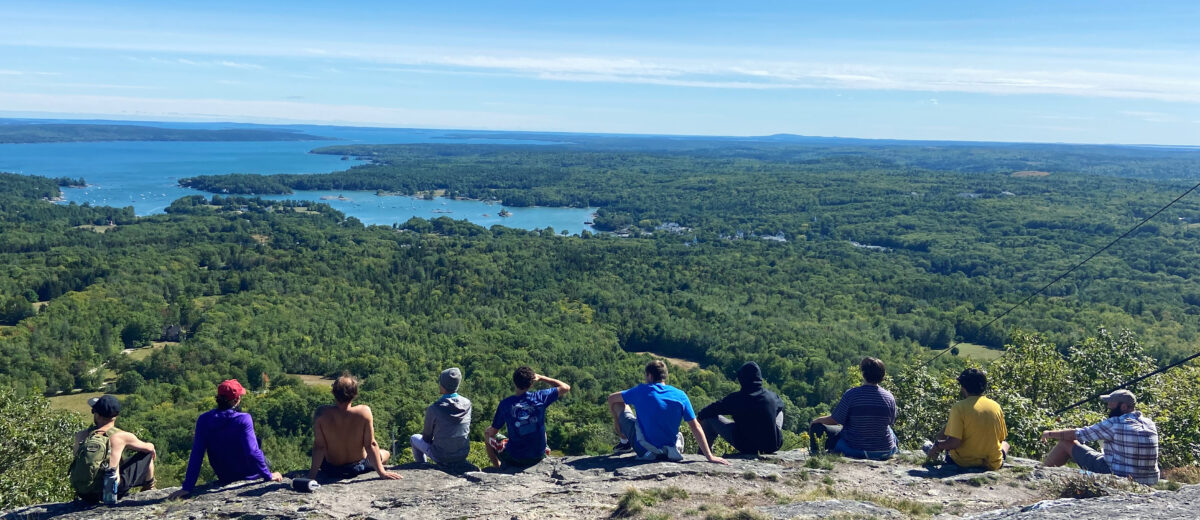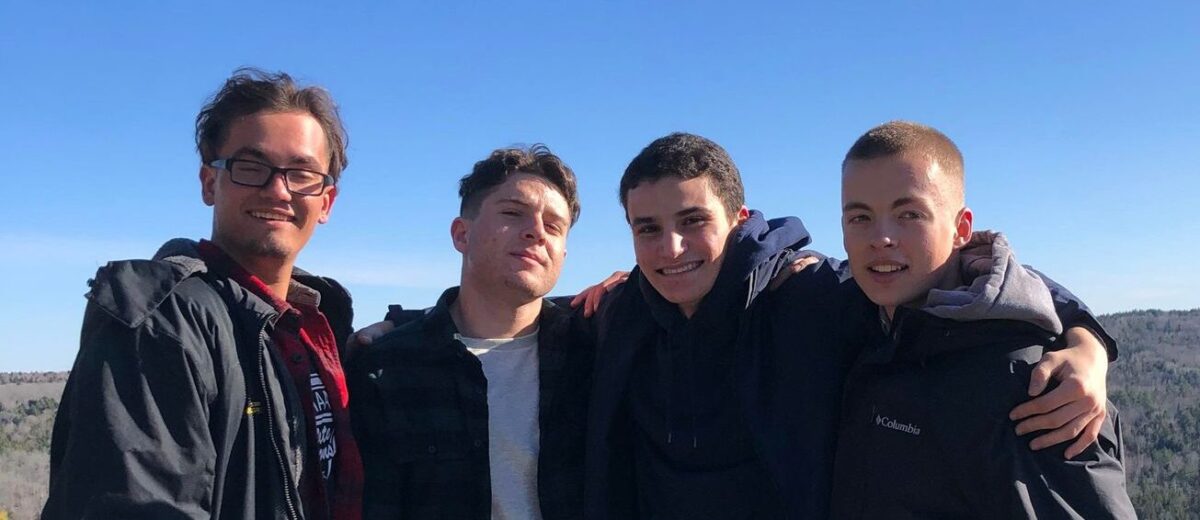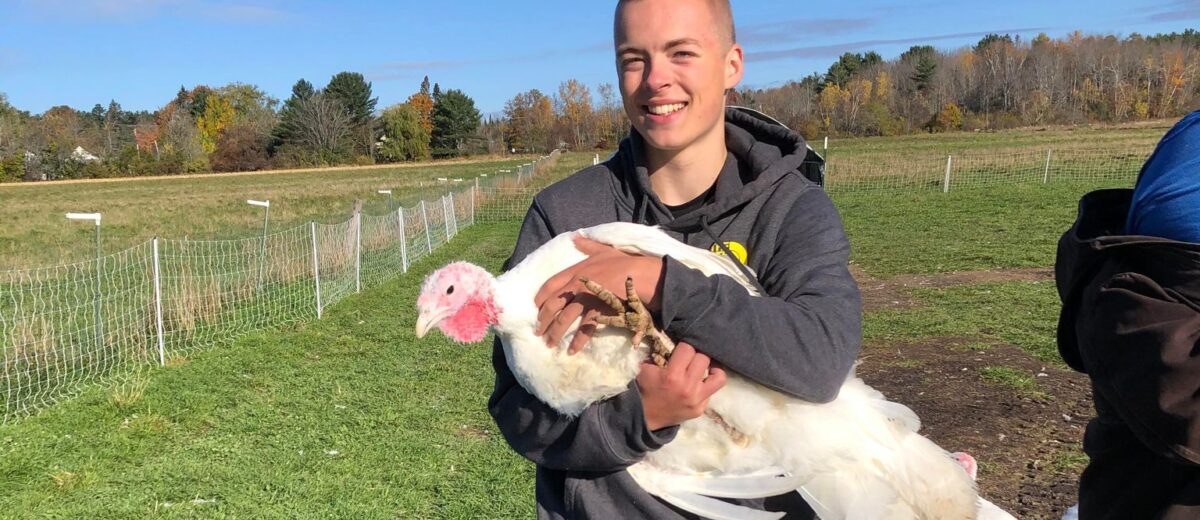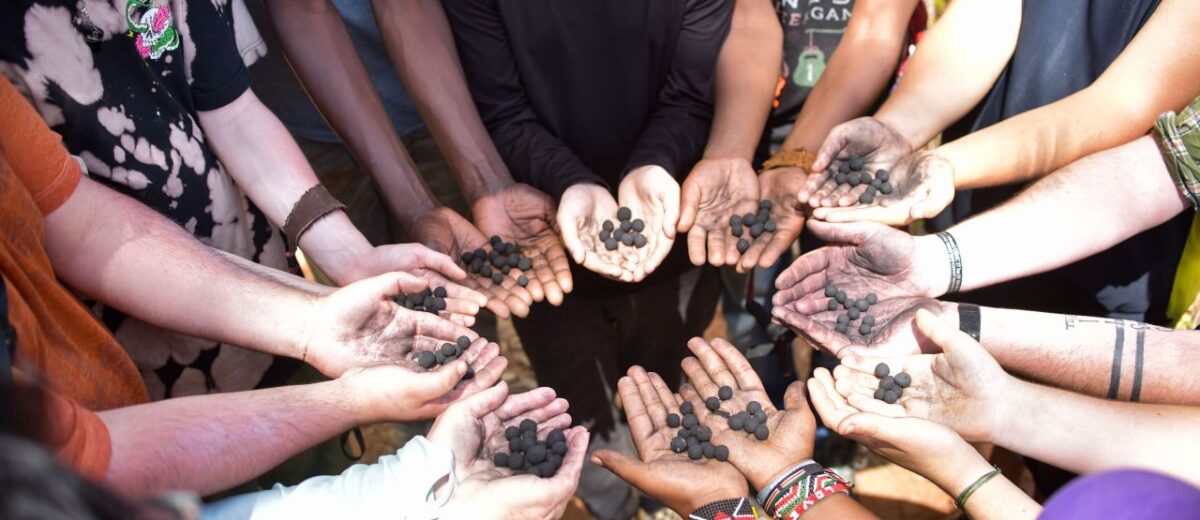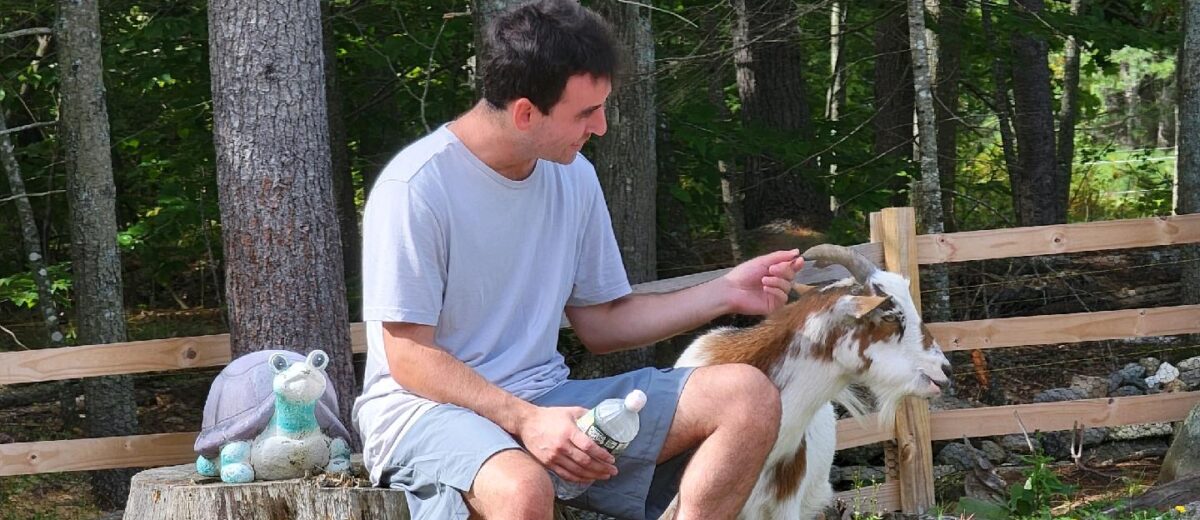Students need support after learning new skills. Putting theory to practice is an important step toward achieving real sustainable change.
One of the many things that sets Northwoods apart from other programs is our transitional programming. We understand that students completing a residential program many times need more support as they take the skills learned and put them into practice.
Northwoods is proud to offer our transitional program. Young men sometimes do not yet possess the knowledge or skills to survive in the reality of adulthood, and while a residential program can assist in building these skills and developing the needed confidence, the responsibility becomes far more real when they are faced with paying their own bills, renting an apartment, attending college courses, and maintaining employment.
At Northwoods, we work with these individuals to help them step by step utilize the skills they have gained while in the wellness & life skills program and put them into action in the real world. Each step of our program allows them more independence while increasing their own financial responsibilities.
Below, you will find a brief description of the available transitional services. Note: Students will only be placed in a service that is deemed appropriate by Northwoods.
Step 1: Employment
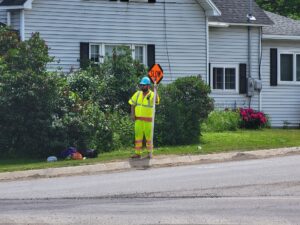 Students remain in the ranch, where they will have begun their job search. Support staff work closely with them, training for job interviews, working out a financial budget, and maintaining an apartment. Student will not have access to phones, social media, internet, or funds during this period. (Exception applies to supervised employment search and application)
Students remain in the ranch, where they will have begun their job search. Support staff work closely with them, training for job interviews, working out a financial budget, and maintaining an apartment. Student will not have access to phones, social media, internet, or funds during this period. (Exception applies to supervised employment search and application)
Employment must be 35 hours or more per week and maintained for a period of 4 weeks prior to moving to Step 2
Paychecks will be deposited into an account where they will remain and be saved
Step 2: Social Media & Phone
 Students relocate to our transitional living. Here, students are required to hold the employment they have obtained.
Students relocate to our transitional living. Here, students are required to hold the employment they have obtained.
Employment must be 35 hours or more per week and maintained for an additional of 4 weeks with the now added addition of phone and social media access.
Paychecks will continue to be deposited into an account where they will be saved.
Step 3: Spending & Budgeting
 Now that the student has maintained employment, they have successfully reconnected to phone and social media, it is time to take the practiced skills of spending and budgeting and put them into play.
Now that the student has maintained employment, they have successfully reconnected to phone and social media, it is time to take the practiced skills of spending and budgeting and put them into play.
Here, the priorities are maintaining skills learned, navigating the freedoms now available, and practical application of budgeting.
The students will have full access to their funds and other privileges that come with living independently.
Step 4: Maintenance
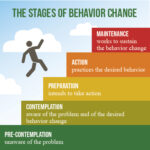
Our final step is a support service established to help as needed and through more normative means, such as weekly counseling and brief check ins.
We want families and students to know that while they have stepped into a more independent stage of their programming, they still have supports in place should they be needed.
Note: Transitional programming, like the Wellness and Life skills program, requires an agreement with the financial support and the student. This includes a behavioral contract with specified responses and consequences to violations of that agreement.
All of these services can be discussed in more detail and any questions answered as we reach toward your family members independence.Call (207) 416-2115 for more details regarding this program and our residential services.
“Coming together is a beginning; keeping together is progress; working together is success” Henry Ford
